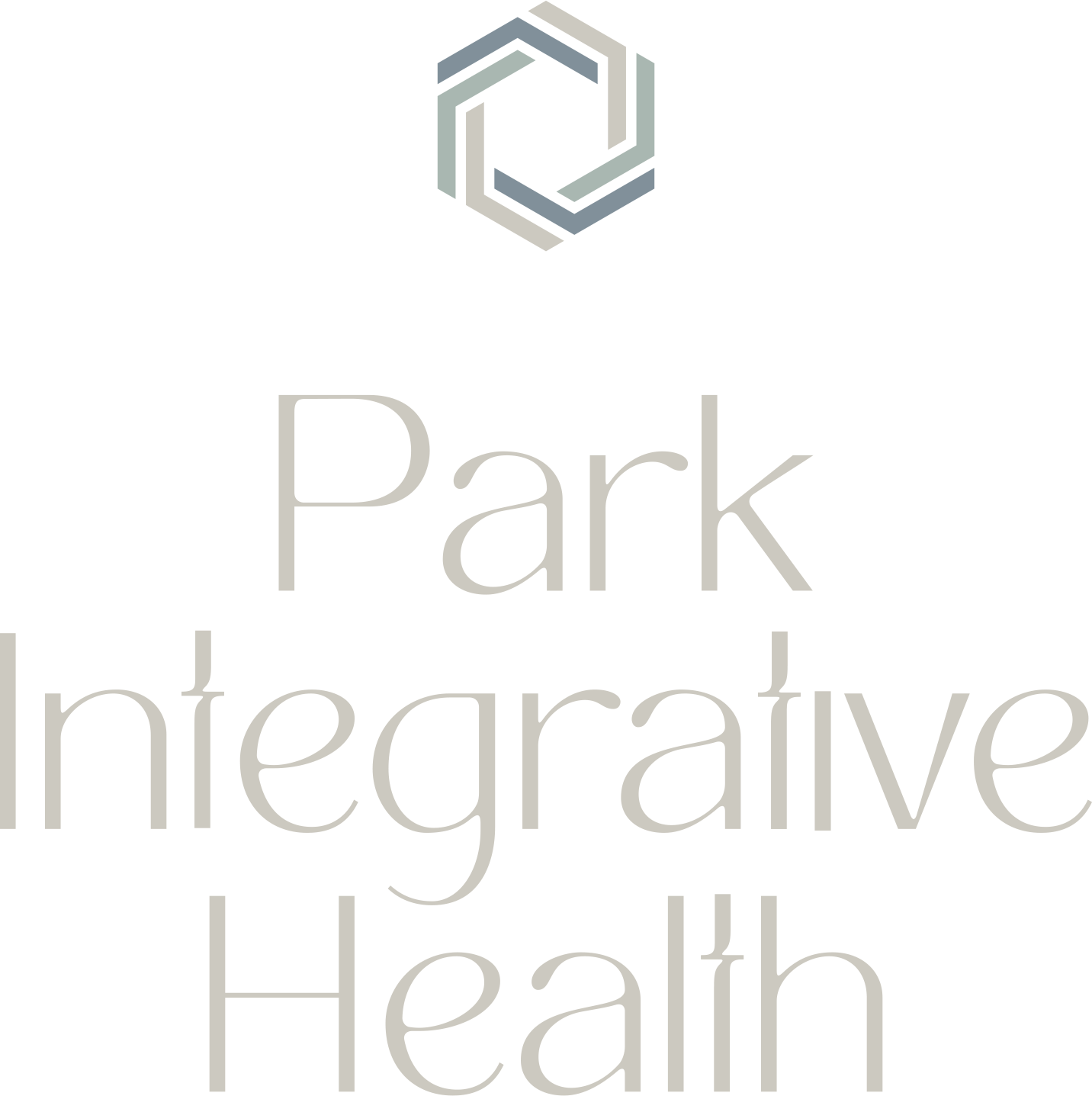Men’s mental health: Why our new treatment offering is so important
At Park Integrative Health (PIH), we believe men can and should have a space to explore emotional and psychological challenges without judgment or expectation. That's why we are proud to share that we now offer treatments with mental health professionals that are specifically for addressing men's mental health care.
While the core of mental health care for men reflects what we offer to any patient, the difference lies in a tailored, intentional approach. Men's mental health sessions will often address stress, anxiety, depression, relationship concerns, anger management, identity, and life transitions; however, the focus is entirely up to the patient and practitioner.
Evidence-based methods, such as cognitive-behavioural therapy (CBT)¹, dialectical-behaviour therapy (DBT), solution-focused therapy, and mindfulness, are selected according to each person’s goals. CBT and other structured therapies have strong empirical support for treating anxiety, depression, and stress² ³.
Why is men's mental health support needed?
Unfortunately, a stigma still exists against men seeking support for their mental health. A recent national Canadian survey found that 67% of men reported never seeking professional mental health services⁴.
In the same study, 64% reported moderate-to-high stress levels, and 23% were at risk of moderate-to-severe depression⁵. This underscores the need, yet most aren’t engaging professional help. That is where PIH and a new addition to our mental health team come in. We want anyone to feel comfortable seeking help for their mental health, especially those who statistically aren't, but may be the most in need.
Why men’s mental health matters
Mental health challenges among men are often less visible and under-addressed. Moreover, the statistics around men's mental health point to a concerning reality: many men are struggling quietly, often feeling pressure to appear strong, in control, and self-reliant — traits deeply ingrained in social expectations of masculinity. While these qualities can be positive in certain contexts, they can also create barriers to seeking help when life becomes overwhelming. Research confirms these norms can delay treatment and worsen outcomes⁶ ⁷.
The significant barrier to men seeking clinical treatment is the idea that men don’t like to talk about their feelings. The idea that men don’t find benefit in talking through their problems and experiences is false. What is true is that many men have felt punished for expressing themselves emotionally. It is also true that many men feel poorly equipped to express themselves in ways they think will make a difference to their problem. This leads them to feel more isolated and frustrated in their attempts to solve their problem.
We want all men to know that seeking support isn’t a sign of weakness or something that should be punished; it’s an act of self-awareness and courage. Mental health services, whether counselling, therapy, or community support programs, can help men manage stress, improve communication, strengthen relationships, and navigate challenges like burnout, grief, or life transitions.
Creating an environment where men feel comfortable discussing mental health is essential to breaking the silence and building resilience. The more we normalize these conversations, the more likely men are to reach out before reaching a breaking point.
What to expect from a session at Park Integrative Health
Our men's mental health sessions feel like a conversation, not an interrogation. Our mental health professionals work to collaborate with you to help you understand yourself better, develop practical coping strategies, and build resilience. Many men gain value from learning how to express emotions more clearly, enhance communication, and align their actions with what matters most to them. In a session, you can expect maximum confidentiality and a judgment-free space where you feel safe to discuss anything that's on your mind.
Is a men's mental health session right for me?
There is no one-size-fits-all for who might benefit from a men's mental health session; however, if you feel stuck, disconnected, overwhelmed, or you’re coping with stress at work, a relationship breakdown, life changes, or simply a lack of direction, booking time with a mental health professional could be helpful for you. It's also important to remember that therapy isn’t only for times of crisis. It’s just as valid for enhancing everyday wellness and ensuring you’re not waiting until things feel unmanageable to engage.
At PIH, we like to think about our mental health as one component of our overall health and well-being. Just as you take steps to care for your physical health, it’s equally important to be proactive about your mental and emotional well-being.
A reminder about strength
Choosing support isn’t a weakness; it’s one of the strongest, most proactive steps you can take. You’re not alone or the first to need this kind of space. You simply deserve to be heard, understood, and empowered.
---
If you are considering a men's mental health session, we encourage you to book a discovery call with our men's mental health practitioner, Mac Fellows, Therapist/Clinical Social Work, MSW, or book a discovery call with men’s mental health practitioner, Jacob Taylor, Registered Provisional Psychologist.



